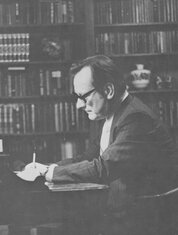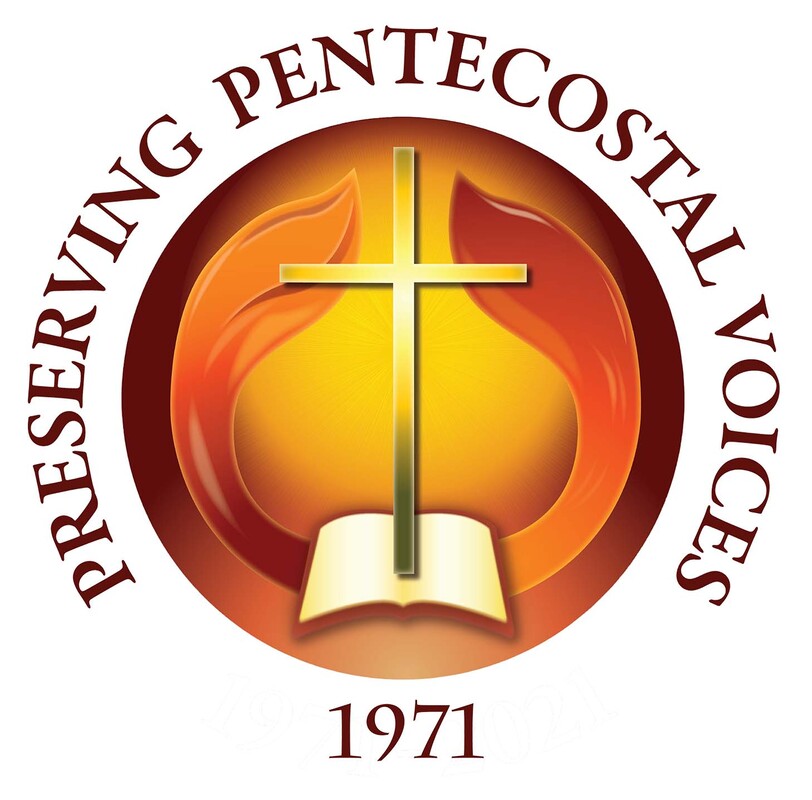 David G. Roebuck, Ph.D. It is a common practice among historians to celebrate the birthdays of great figures from our past. Charles W. Conn would have been 89 today, and he is greatly missed by those of us who love the heritage of the Church of God and of Lee University. Last spring I was asked to give a tribute to Charles Conn and Cecil Knight at the “Landmarks of Faith” Retired Ministers and Widows conference here in Cleveland. I’ll take this opportunity to repeat an edited and updated version of my remarks in honor of Dr. Conn. Charles W. Conn was one of only twenty-one men who have been elected as general overseer in the now almost 123 year history of the Church of God. One of twenty-one who have been considered by their peers to be men of such esteem, such ability, and such leadership that they were chosen to guide our great movement. All who are elected to the office of general overseer have previously served in many roles with distinction. These men do not simply have careers; they give their lives in service and in ministry. Dr. Conn was born in 1920. He quietly accepted Jesus as his savior on May 1, 1939 while riding a streetcar in Atlanta, Georgia. From that point forward he was sold out to his Lord. Following a brief time at Bible Training School in Sevierville, the Church of God appointed him at the age of twenty to serve as director of Sunday school and youth in Louisiana. Two years later he began his pastoral ministry in Missouri serving the St. Joseph and Leadwood congregations. His gift to write was quickly noticed, and the Church of God called him here to Cleveland in 1948, first as editor of Sunday school and youth materials and then as Editor in Chief of all Church of God publications. Except for a two-year term as state overseer of Virginia, he spent the rest of his life in this area. While serving at the Church of God Publishing House he took the challenge to write a comprehensive history of the Church of God; and through the pages of Like a Mighty Army and over twenty other books he will long continue to shape how we understand ourselves and the Word of God. In 1977 the Executive Council chose him as the first Church Historian of the Church of God. A respected writer, preacher and leader, he was elected to the Executive Committee and then to the office of general overseer in 1966 at the age of 46. When term limits forced him to leave the Executive Committee, he served Lee College as president for twelve years. At the time of his death he was Lee University’s only president emeritus. Dr. Conn loved his educational ministry. A gifted leader and preacher, near the end of his active life he told Lee University students that his happiest days were at Lee College. He had come to Lee shortly after it had become a liberal arts college. He believed that God calls men and women to preach. But he also believed that God calls all of His children in whatever occupation they serve—public school teachers, business managers, writers, and medical doctors. Whatever their vocation Charles Conn wanted the Church of God to build a college that would prepare our sons and daughters to be the very best. So he poured his life into students. After retirement, and especially after his beloved Edna had passed, he spent countless hours talking with students in the cafeteria, the Pentecostal Research Center and wherever else he found them. As I reflect on his life I wonder how to best measure a man or woman’s legacy. By the offices they held? The buildings they built? Charles Conn guided the Church of God wherever he served. By all human measures he lived a life that we consider to be great. But I am convinced that eternity will reveal that his greatest legacy is that this Landmark of Faith poured his life into people. He fought a good fight, he finished his course, he kept the faith. Henceforth there is laid up for him a crown of righteousness, which the Lord, the righteous judge, shall give to him at that day; and not to him only, but unto all of us also that love his appearing.
0 Comments
|
Archives
November 2023
|

 RSS Feed
RSS Feed
